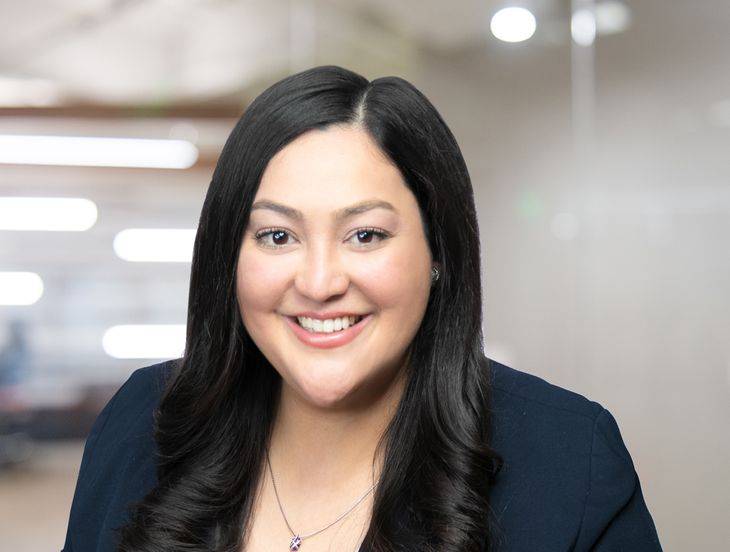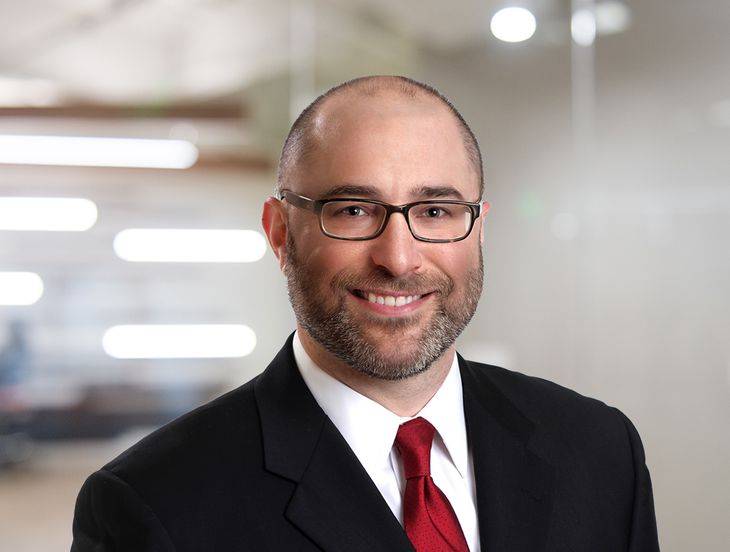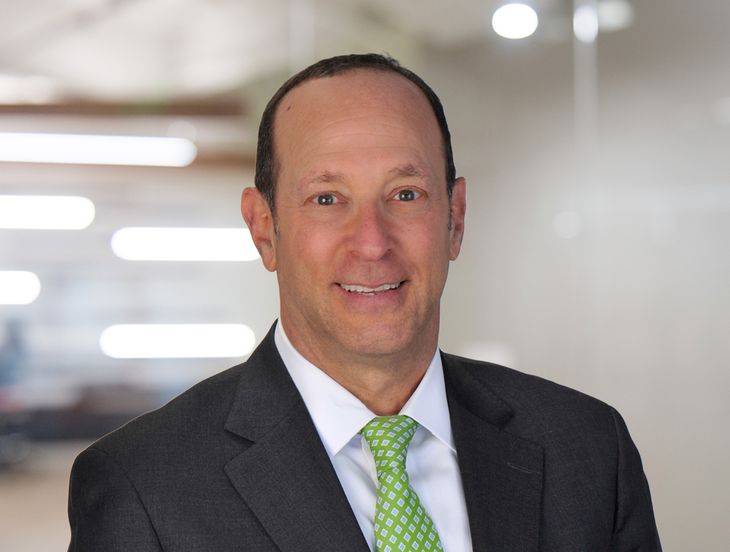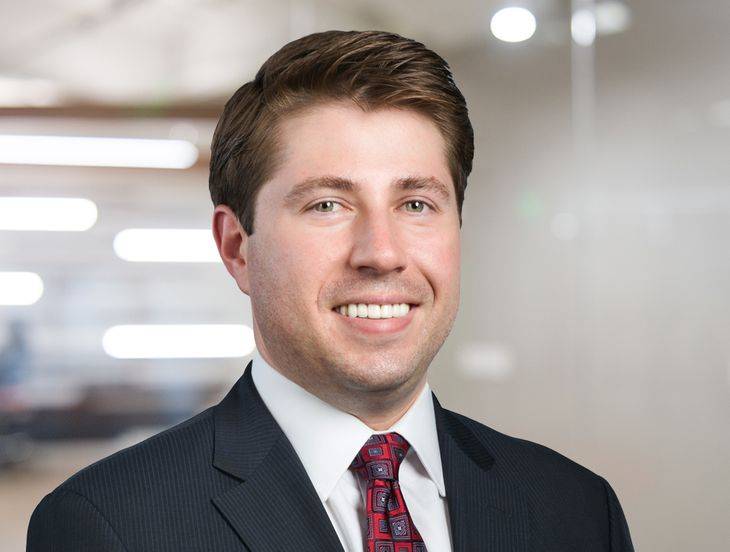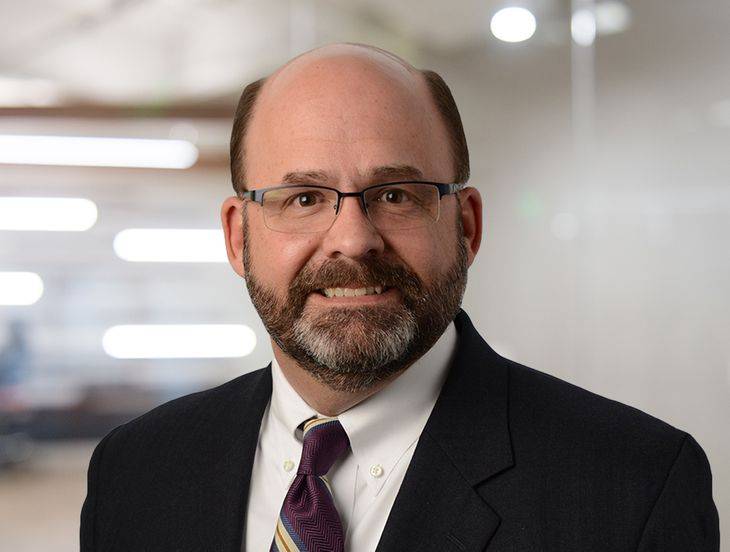The Top 14 Workplace Law Stories from January 2022
Insights
2.01.22
It’s hard to keep up with all the recent changes to labor and employment law. While the law always seems to evolve at a rapid pace, there have been an unprecedented number of changes for the past few years—and this past month was no exception.
In fact, there were so many significant developments taking place during the past month that we were once again forced to expand our monthly summary well beyond the typical “Top 10” list. In order to make sure that you stay on top of the latest changes, here is a quick review of the Top 14 stories from last month that all employers need to know about:
- Supreme Court Strikes Down OSHA’s Vaccine ETS: An Employer’s 6-Step Priority List
The Supreme Court blocked OSHA’s vaccine ETS from being enforced for the foreseeable future, meaning your compliance to-do list has gotten significantly shorter – but it has by no means disappeared. While the January 13 6-to-3 SCOTUS decision means you no longer have to follow the January 10 deadline, this Insight will provide you a practical six-step priority list to guide you on your way during the days ahead.
- Supreme Court Revives Nationwide CMS Vaccination Mandate: A 4-Step Priority List for Healthcare Employers
Immediately after blocking OSHA’s “shot or test” ETS, the Supreme Court held that the CMS vaccine mandate can be enforced by a 5-to-4 margin. This effectively removes the injunctions that had been blocking implementation of the CMS vaccine mandate for Medicare and Medicaid participants in about half of the country (25 states). This Insight will review what the CMS mandate requires and provides a four-step priority list for covered facilities.
- Supreme Court Revives ERISA Suit and Highlights the Necessity to Monitor Plan Investment Options: A 5-Step Compliance Roadmap
In a unanimous decision that should serve as a wakeup call to those administrating employee retirement plans, the Supreme Court just reaffirmed and highlighted the ongoing duty of ERISA plan fiduciaries to monitor investment options – and remove imprudent investment options – in satisfying their fiduciary duties. By an 8-to-0 vote in Hughes v. Northwestern University, the Court found that plan fiduciaries cannot rely on the participants’ ultimate choice over their investments to excuse allegedly imprudent investment options offered and retained by the plan. Although the January 24 ruling does not significantly alter any existing interpretations of fiduciary liability standards, the decision still highlights best practices for plan sponsors in administering their retirement plans and defending current or potential investment option litigation. This Insight provides plan administrators with a five-step roadmap to ensure compliance with yesterday’s decision.
- California Adopts Reduced CDC Quarantine and Isolation Periods – With a Catch
On the heels of the Centers for Disease Control’s (CDC’s) updated isolation and quarantine guidance reducing the length of time an individual must isolate after contracting COVID-19 and the quarantine period for those exposed to the illness, California has largely aligned these new timeframes – but with a catch. The California Department of Public Health (CDPH) released updated guidance to conform to the new CDC guidelines but adds additional requirements, including testing to exit isolation or quarantine at Day 5 and improved masking. The guidance, updated on January 8, also inserts the issue of booster shots for the first time. What do California employers need to know about the new guidance?
- Double Trouble: DOL’s Wage and Hour Division and NLRB Agree to Coordinate Information Sharing, Investigations, and Enforcement Activities
In a January 6 press release, the National Labor Relations Board (NLRB) and the Department of Labor, Wage and Hour Division’s (DOL/WHD) announced that they have entered into a Memorandum of Understanding to enhance their information sharing, investigations, enforcement, training, and outreach. As a result, we can now expect greater coordination and collaboration between these two agencies as they enhance their efforts to maximize the enforcement of federal laws protecting workers’ rights. This could spell trouble for employers that fail to comply with misclassification and related provisions enforced by those agencies. Now that this Memo is in effect, here is what employers need to know.
- An Update to California’s Mask Mandate for Employers
The California Department of Public Health updated its masking guidance to extend the statewide requirement for universal masking through February 15 regardless of vaccine status. Like the guidance issued on December 15, the January 5 update applies to all indoor public spaces. CDPH recommends surgical masks or higher-level respirators (e.g., N95s, KN95s, KF94s) with a good fit. The guidance again directs individuals to its Get the Most out of Masking Guide and CDPH Masking Guidance Frequently Asked Questions for more details, and you can read our detailed summary here. The updated guidance did not make any changes to the exemptions to the masking requirement as discussed below.
- OSHA Penalties Automatically Increase, Putting Pressure on Employers to Comply with Workplace Safety Obligations
The U.S. Department of Labor has just published its yearly increases to the maximum civil penalties that may be assessed via citations against employers by the Occupational Safety and Health Administration (OSHA) as a result of workplace safety and health inspections. These penalties will apply to all citations issued by OSHA beginning January 15, including for employers who currently have an open inspection with OSHA.
- California Supreme Court Lowers the Bar for Plaintiffs in Whistleblower Act Claims
The California Supreme Court just made things a bit more difficult for employers by lowering the bar and making it easier for disgruntled employees and ex-employees to bring state whistleblower claims against businesses. The court’s January 27 decision in Lawson v. PPG Architectural Finishes, Inc. may have significant ramifications on how employers defend against whistleblower claims in California. What do you need to know about this decision and what should you do in response?
- Federal Authorities Update Guidance on Expedite Requests for Workplace Immigration Issues
In recent years, federal immigration officials have experienced severe backlogs in processing of various immigration applications. The cause for this delay has been a combination of the COVID-19 pandemic which led to a temporary closure of Application Support Centers (ASCs) and Field Offices, as well as increase in applications and petitions received by the agency. This delay has interrupted the lives of thousands of individuals eager to work and companies eager to hire or retain foreign employees. As a result, there has also been an increase in request to expedite pending applications and petitions. Recently, U.S. Citizenship and Immigration Services (USCIS) updated its USCIS Policy Manual to clarify various criteria and circumstances to request expedite treatment. What do employers need to know about these January 25 revisions and how can you take advantage of this process?
- Top 6 Workplace Law Proposals Raised During Governor Hochul’s 2022 New York State of State Address
Although New York Governor Hochul’s first State of the State address focused on efforts to emerge from the COVID-19 pandemic, she still managed to provide insight on a few key areas of labor and employment law that will affect New York employers in the coming year. Her January 5 address proposed several hot-button workplace law initiatives, but notably did not address the “gig worker” issue or announce any intention to propose a change to independent contractor classification, which was so often a focus of Governor Cuomo. Here is a review of the top six workplace law proposals floated by the governor during her address.
- 5 Takeaways as Washington Legislature Instructs Employers Not to Deduct WA CARES Act Premiums
Answering the question Fisher Phillips recently posed to Washington employers – to deduct or not to deduct – Governor Inslee signed into law on January 26 the bills swiftly pushed through the legislature that delay collection of employee premiums under the WA CARES Act until July 1, 2023. What are the five biggest key next steps and additional provisions from this new slate of laws that Washington employers need to know about?
- Salary Transparency Law Set to Rock New York City Labor Market: An Employer’s 3-Step Compliance Plan
In the City’s latest effort to combat gender and race-based pay inequity, the New York City Council passed a salary transparency bill at the end of last year, and it was enacted on January 15 after Mayor Eric Adams took no action on the bill. As a result, New York City employers will need to disclose the expected salary range on internal and external job listings beginning May 15, 2022. Here is what NYC employers need to know about the impending new law.
- Increase to H-2A Visa Fee May Dissuade Employers from Seeking Essential Foreign Labor
Adding to the burden on employers leveraging the H-2 visa, the Department of State published its own proposed rule outlining that this H-category of visa fees will jump from $190 to $310. This mimics additional burdens on these employers created by the Department of Labor’s wage analysis as seen in the Department of Labor’s staggering increases to H-2A employers’ Adverse Effect Wage Rates.
- Dispute Over Gig Drivers’ Independent Contractor Status Being Fought on All Fronts in Massachusetts
Massachusetts is one of a handful of states to have adopted the stringent “ABC” test for determining whether a worker is an independent contractor or employee. That has made it one of the most fertile battlegrounds over this dispute as it relates to gig economy drivers using app-based platforms such as Uber, Lyft, DoorDash, and Instacart. With a lawsuit filed by the Attorney General against Uber and Lyft seeking a declaration that drivers who use their platforms are employees and an impassioned fight over a potential November ballot question that specifically would classify such drivers as independent contractors – while affording them certain protections and benefits – this fight will only heat up as 2022 rolls on. The stakes are extremely high. Should these drivers ultimately be deemed employees, the wage-and-hour and tax liability could be staggering. Indeed, such a finding could significantly jeopardize these companies’ business models and, perhaps, viability to operate in Massachusetts. This Insight will provide a snapshot view of the various issues at play and set the stage for what’s to come.
We will continue to monitor developments related to all aspects of workplace law. Make sure you are subscribed to Fisher Phillips’ Insight system to get the most up-to-date information. If you have questions, contact your Fisher Phillips attorney.
Related People
-
- Alba V. Aviles
- Partner
-
- Amanda M. Blair
- Associate
-
- Kathleen McLeod Caminiti
- Partner and Co-Chair, Wage and Hour Practice Group
-
- Melissa Camire
- Partner
-
- J. Micah Dickie
- Partner
-
- Benjamin M. Ebbink
- Partner
-
- Jeffrey A. Fritz
- Partner
-
- Alyssa Graf
- Associate
-
- Jason A. Geller
- Regional Managing Partner
-
- Alexa Greenbaum
- Associate
-
- Abby H. Putzulu
- Associate
-
- Rebecca Hause-Schultz
- Partner
-
- Ralph Hua
- Partner - In Memoriam
-
- Megan L. Janes
- Partner
-
- Nicole Kamm
- Partner
-
- Seth D. Kaufman
- Partner
-
- Emily N. Litzinger
- Partner
-
- Todd B. Logsdon
- Partner
-
- Lorie Maring
- Partner
-
- Richard R. Meneghello
- Chief Content Officer
-
- Catharine Morisset
- Partner
-
- Joshua D. Nadreau
- Regional Managing Partner and Vice Chair, Labor Relations Group
-
- Kiki Okpala
- Associate
-
- Julia A. Sherwood
- Associate
-
- Hannah Sweiss
- Partner
-
- J. Hagood Tighe
- Partner and Co-Chair, Wage and Hour Practice Group
-
- A. Kevin Troutman
- Senior Counsel
-
- Travis W. Vance
- Regional Managing Partner
-
- Kristin R.B. White
- Partner
